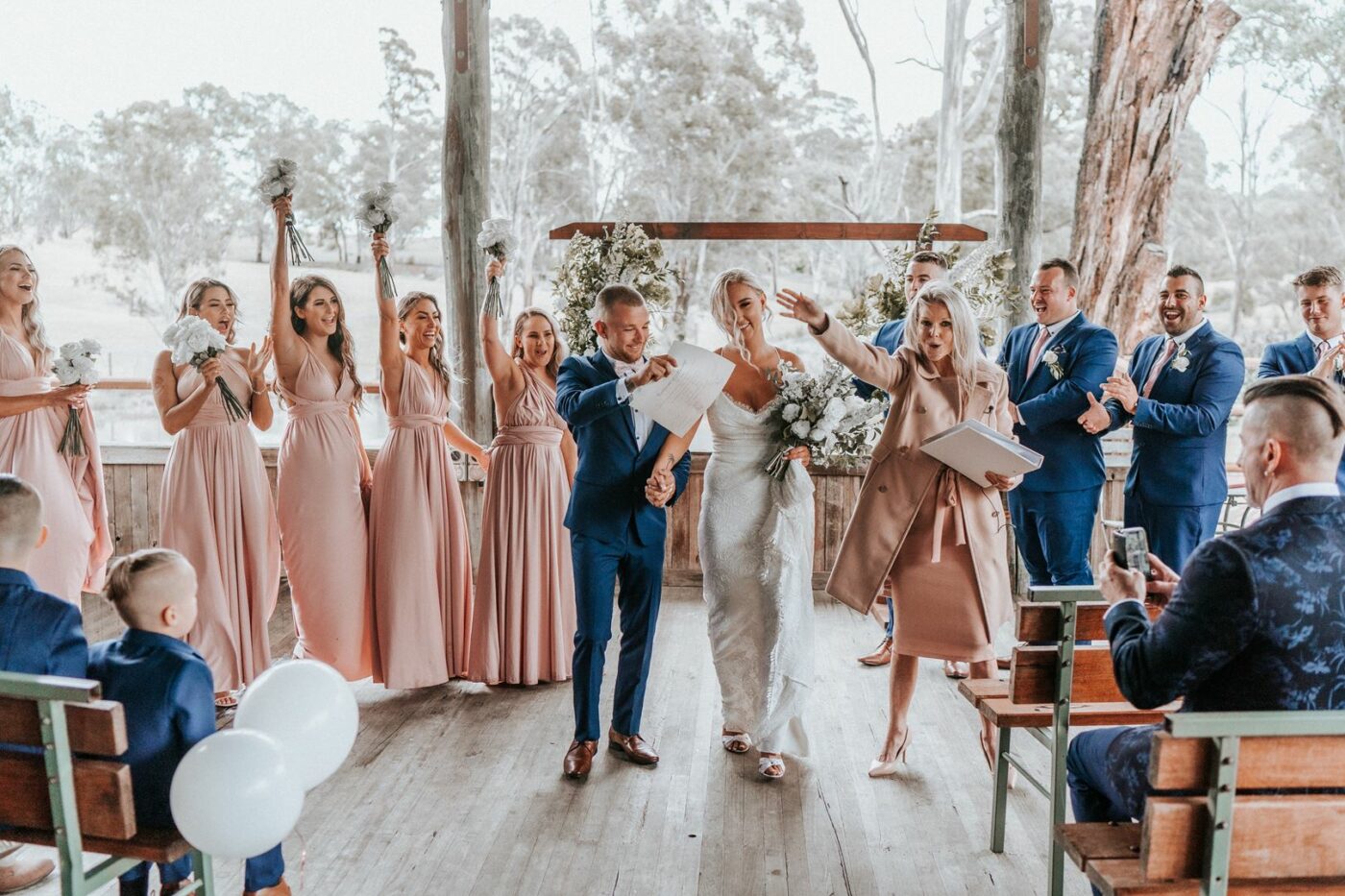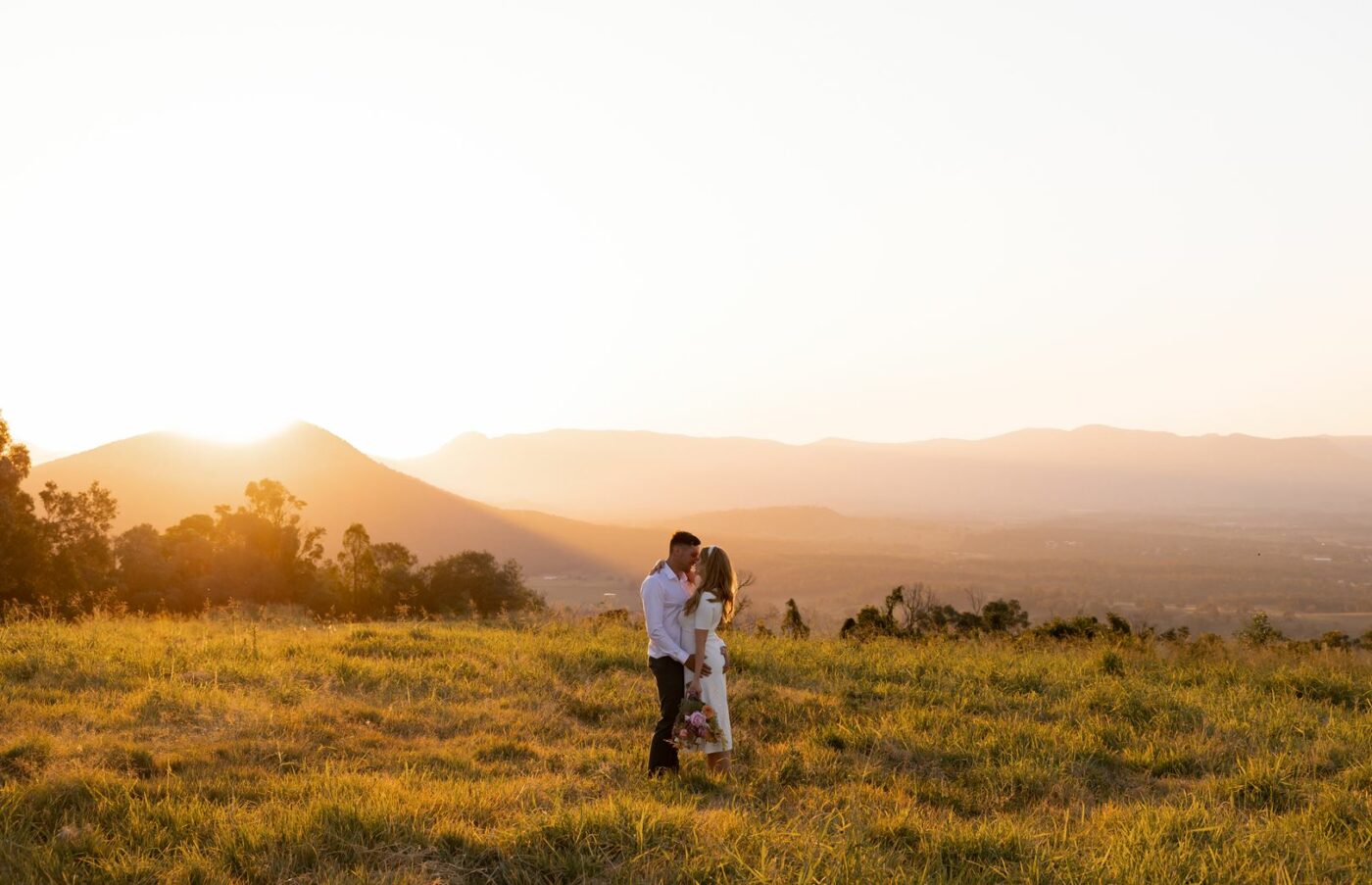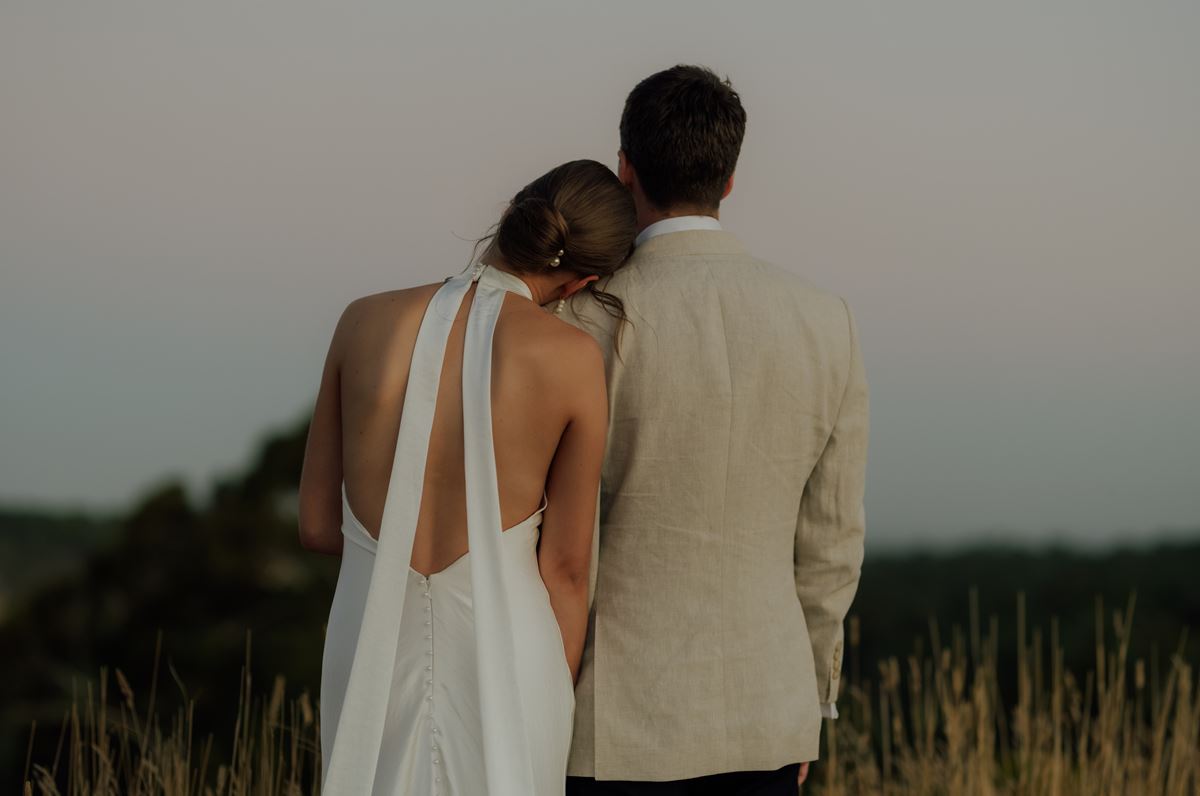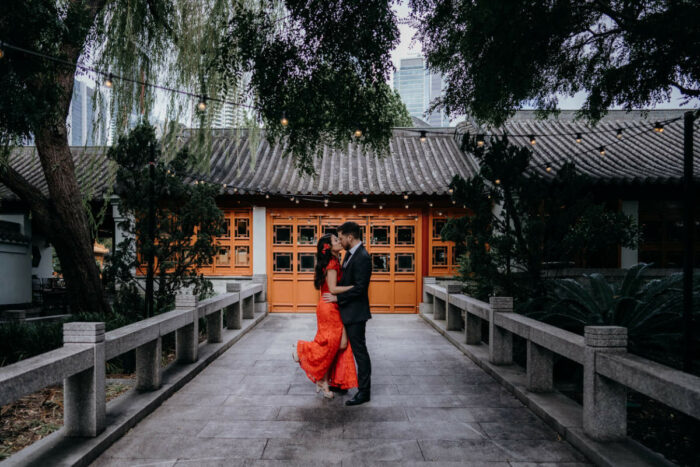 Bali: The destination of the grand Indian wedding
Bali: The destination of the grand Indian wedding
FAQs about getting married in Australia
So, you’re engaged? It’s an exciting time! Filled with Pinterest boards, shopping, and learning the difference between a peony and a carnation. But there is some paperwork and bureaucracy involved. We answer the FAQs about getting married in Australia.
Wedding planning can involve a lot of beautiful styling, incredible food and wine tasting, and the excitement of starting your life together with your fiancé. However, many brides and grooms will have some practical questions.
Take a break from pre-wedding paperwork by scrolling our Instagram for inspiration!

Your celebrant can answer a lot of commonly asked questions. Source: Carla Davern.
From legal requirements to logistics, many couples find themselves Googling the same things in the lead-up to their big day. To help, we’ve gathered answers to the most frequently asked questions about getting married in Australia — so you can spend less time stressing and more time celebrating.
Who can be a witness to our wedding?
To get married in Australia, you’ll need two witnesses at your ceremony. These witnesses must be:
- At least 18 years old.
- Understand the language of the ceremony (or have an interpreter).
- Be physically present to sign the marriage certificates.
Contrary to popular belief, they do not have to be related. They can be friends, colleagues, or strangers.
How long does it take to get a marriage certificate?
After your wedding, your celebrant or minister will be the one to lodge your paperwork with the Registry of Births, Deaths and Marriages (BDM) in your state or territory.
Here, the timeline can vary from state-to-state, but the typical standard will be that your marriage certificate will be there within 2-6 weeks.
Tip: You’ll need this certificate (not the ceremonial one you sign on the day) to update your name or apply for visas, so it’s worth ordering as soon as possible.
What time should our actual wedding ceremony be?
The ultimate question, akin to “how long is a piece of string?”.
This will always depend on what your reception plans are.
Here is a general guide for ceremony start times for your dream wedding:
- Daytime weddings: Late morning to early afternoon ceremonies work well for brunch or lunch receptions.
- Afternoon weddings: A 3–4 pm ceremony is popular, giving couples time for photos before transitioning straight into an evening reception.
- Sunset weddings: If you’re dreaming of golden-hour photos, check the local sunset time and plan your ceremony about 60–90 minutes before.

The time of your ceremony will also dictate the time of your couple shots. Source: Mount French.
How much notice do we need before getting married?
If movies are to be believed, couples whisk themselves off to Las Vegas and get married on a whim.
In reality, there is a bit more preparation that you need before you say your vows. In Australia, you must lodge a Notice of Intended Marriage (NOIM) form with your celebrant at least one month before the wedding date.
This NOIM will be valid for up to 18 months. This legal requirement means you can’t decide to marry tomorrow unless you’ve already filed the paperwork and been granted a rare shortening of time.
Do we need a wedding rehearsal?
It can feel a bit old school, a wedding rehearsal, but some couples do find that it can help calm the nerves. You can keep it as formal or informal as you’d like.
A rehearsal:
- Lets you run through the ceremony flow.
- Helps the bridal party feel comfortable.
- Clears up any last-minute nerves.
Pro tip: Complicated ceremony or one that involves lots of moving parts? A rehearsal is recommended.
There are two marriage certificates, help!
There are two marriage certificates that you receive; a signed one on the day and then your official one.
On your wedding day, you’ll sign three documents:
- The marriage register (kept by your celebrant)
- A decorative certificate for you to keep
- A copy lodged with the BDM
Only the official marriage certificate issued by the Registry is accepted for legal name changes, passports, and other formal processes.

There might be a lot of questions, but on your wedding day everything will come together. Source: Longview Vineyard.
What if it rains on your wedding day?
A problem so feared that songs have been written about it, but there is always a wet-weather contingency plan. Rain on your wedding day does not have to spell disaster.
Your wet weather contingency plan could include:
- An indoor space at your venue.
- A marquee.
- A nearby hall or function room.
Pro tip: Venues and celebrants are used to last-minute changes, so build flexibility into your timeline.
When should we book our vendors?
This is where organisation comes into play. Popular vendors (venues, photographers, celebrants) often book out 12–18 months in advance.
To avoid missing out:
- Book your venue first.
- Lock in your celebrant and photographer next.
- Secure secondary suppliers (flowers, music, styling) within 6–9 months.
Long story short: The sooner you book, the more choices you’ll have.
Have more questions about your wedding and ceremony? A celebrant will have all your answers. Start looking for your dream celebrant today. Browse our celebrants.
 Our top three wedding planners to watch in 2026
Our top three wedding planners to watch in 2026  Year of the Fire Horse: What it means for couples planning a wedding
Year of the Fire Horse: What it means for couples planning a wedding